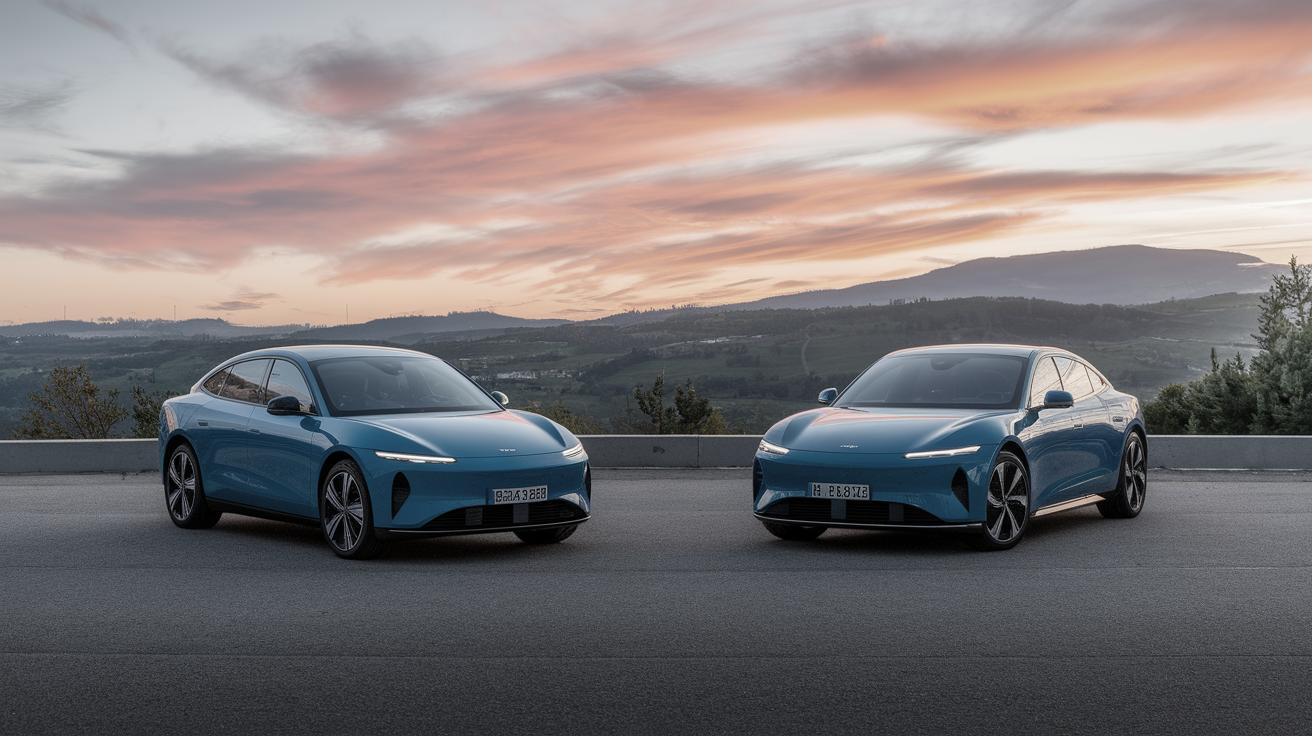The Differences Between Hybrid and Electric Cars
As the world moves towards cleaner and more sustainable forms of transportation, understanding the differences between hybrid and electric cars becomes crucial for consumers and the environment alike. Hybrid cars, combining an internal combustion engine with one or more electric motors, offer a balanced approach to fuel efficiency and convenience. Electric cars, powered solely by electric motors, promise zero-emission driving but come with their own set of challenges and advantages. In this blog, we will explore both the benefits and limitations of hybrid and electric vehicles, analyze their environmental impact, and provide guidance for choosing which type of vehicle might suit your lifestyle best.
Defining Hybrid Cars vs. Electric Cars
Hybrid cars are vehicles that use a combination of an internal combustion engine and an electric motor. The power sources can work separately or together to optimize fuel efficiency depending on driving conditions. Typically, hybrids use the electric motor at low speeds and switch to the gasoline engine at higher speeds, providing a balance that helps decrease fuel consumption and emissions compared to traditional gasoline-powered vehicles.
In contrast, electric cars (EVs) rely entirely on an electric motor powered by a battery. These vehicles need to be plugged in to charge and do not have a gasoline engine. EVs are celebrated for their zero tailpipe emissions, offering a more sustainable option that aligns with global green energy initiatives. While electric systems are becoming more efficient, charging infrastructure and battery technology still face developmental challenges.
Pros and Cons of Hybrid vs. Electric Cars
Hybrid cars offer the advantage of versatility, providing the convenience of refueling at any gas station combined with lower emissions and improved fuel economy. They are generally less dependent on charging infrastructure, making them a pragmatic choice for those who travel long distances or live in areas without extensive charging networks. However, their reliance on gasoline means they still contribute to emissions and depend on non-renewable energy sources.
Electric cars provide an attractively clean alternative, with numerous government incentives available to offset the initial purchase cost. They operate quietly and have fewer moving parts, which often results in lower maintenance costs. On the flip side, EVs depend heavily on the availability of charging infrastructure and face higher upfront costs. Furthermore, their range can be limited compared to hybrid or traditional vehicles, requiring careful planning for longer trips.
What’s the Environmental Impact of Hybrid vs. Electric Cars?
The environmental benefits of hybrid cars are reflected in their reduced emissions compared to conventional vehicles. By using electric power when feasible, hybrids can significantly lower their overall greenhouse gas emissions. However, since hybrids still rely on fossil fuels, their long-term environmental impact is not as minimal as that of pure electric vehicles.
Electric cars offer a compelling case for environmental sustainability, as they produce no direct emissions during operation. The effectiveness of EVs in reducing carbon footprints, however, depends on the source of the electricity used to charge them. If the energy comes from renewable resources, the positive impact is highest. But if the grid relies heavily on fossil fuels, the benefit may be mitigated. Recycling and disposing of batteries also pose environmental challenges, although advancements in battery technology are gradually addressing these issues.
Related Articles
Related Categories
Future Prospects
As technology advances, both hybrid and electric vehicles will continue to evolve, with improvements in battery technology, charging infrastructure, and renewable energy integration playing key roles. Both vehicle types offer distinct advantages, and consumer choice will ultimately depend on individual needs, environmental concerns, and global energy trends. Automotive manufacturers and policymakers are committed to transitioning towards more sustainable transport solutions, promising an exciting future for both hybrid and electric cars.
| Aspect | Hybrid Cars | Electric Cars |
|---|---|---|
| Power Source | Combination of engine and electric motor | Electric motor only |
| Emissions | Lower than traditional cars | Zero during operation |
| Range | Typically longer, due to gasoline engine | Depends on battery capacity |
| Refueling/Charging | Gas stations and partial charging | Requires charging infrastructure |
| Cost | Generally more affordable | Higher upfront costs, incentives available |

Leave a Reply